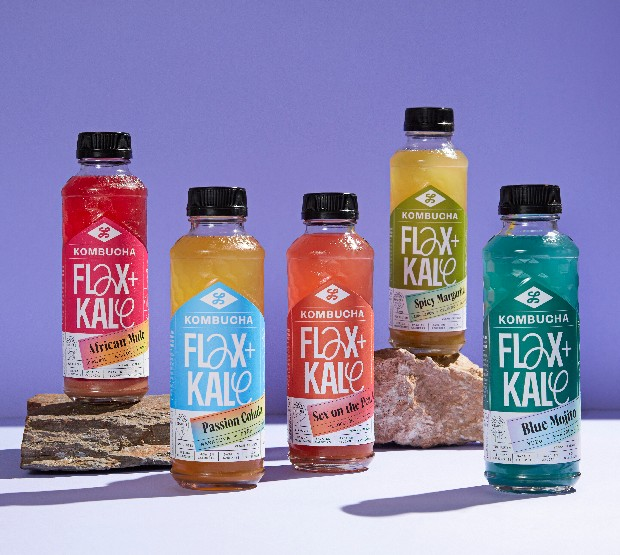Let's see how some of the reference entities are positioned with respect to the consumption of protein to gain muscle mass:
Institue of Medicine, 2005
The United States Institute of Medicine (IOM) issued protein intake recommendations in 2005 and did not differentiate between adults who exercise or do not exercise, whatever the type. He literally said: " In view of the lack of convincing evidence to the contrary, no additional protein is suggested for healthy adults performing resistance or strength exercises," as can be seen in thiscatalog / 10490 / dietary-reference-intakes-for-energy-carbohydrate-fiber-fat-fatty-acids-cholesterol-protein-and-amino-acids "> book. The recommended figure in adults on that date (2005) (which was based on a499330 "> meta-analysis by Rand et al. Published in January 2003 in" The American Journal of Clinica Nutrition ") was 0.8 grams of protein per kilogram of weight per day.
World Health Organization, 2007
The World Health Organization (WHO), after taking into account the previous document, raised the figure from 0.8 to 0.83 g / kg / day, without emitting, ofnew, higher figures for athletes. Of course, he detailed that many individuals multiply the previous figure by three and even by four, to then add that “ given the lack of evidence that this benefits sports performancethe physical, it would be obvious to avoid such intakes ”.
American Dietetic Association, 2009
The American Dietetic Association (current Academy of Nutrition and Dietetics)o.org/-/media/eatrightpro-files/practice/position-and-practice-papers/position-papers/nutritionathleticperf.pdf"> agreed in 2009, together with the Dietitians of Canada association and the American College of Sports Medicine, a document called "Nutrition and athletic performance ”. While acknowledging, like the IOM and WHO, that “ there is not a solid body of scientific evidence documenting that healthy adults who perform resistance or resistance exercise require dietary proteinadditional techniques ”, a simple review (the one published in August 2007 by Phillips et al. in the International Journal of Sport Nutrition and Exercise Metabolism) and issue the following recommendations: for endurance athletes it recommends 1.2 to 1.4 g / kg / day, while for “strength athletes” they recommend 1.2 to 1.7 g / kg / day. In any case, the consensus made it clear that these figures can be raisedstart a healthy diet without resorting to protein supplements.
European Food Safety Authority, 2012
The European Food Safety Authority (EFSA) issued in 2012 the protein reference values for the European population, which, like the WHO, estimated at 0.83 g / kg /day based on the effects of said increase on muscle mass or its function.
Nutritional Recommendations of the Nordic Countries, 2013
This systematic review on the scientific evidence rrelated to proteins, evaluated whether exercise increases the demand for protein, to conclude that the evidence in this regard is "inconclusive". He did find evidence in relation tona the practice of physical exercise and a greater retention, by the body, of proteins.
And finally, if we have not yet convinced you, as a curious fact, it is worth noting that today, in current Western societiesental, we make an abuse in the consumption of proteins.
According to the latest survey carried out by the Spanish Agency de Food Safety and Nutrition, among a representative sample of the adult Spanish population, men take 109 grams of protein per day and women 88 grams / day. It details that "in both cases these values are higher than the Engthese Reference Diaries for the Spanish population, established at 54 g / day and 41 g / day respectively ".
Therefore, if we seek to make a hyperprotein diet to increase our muscle mass, in reality we are already doing it.or and it will not be necessary to add more.
We can say little more, and we continue with our thing, just follow a good diet.






